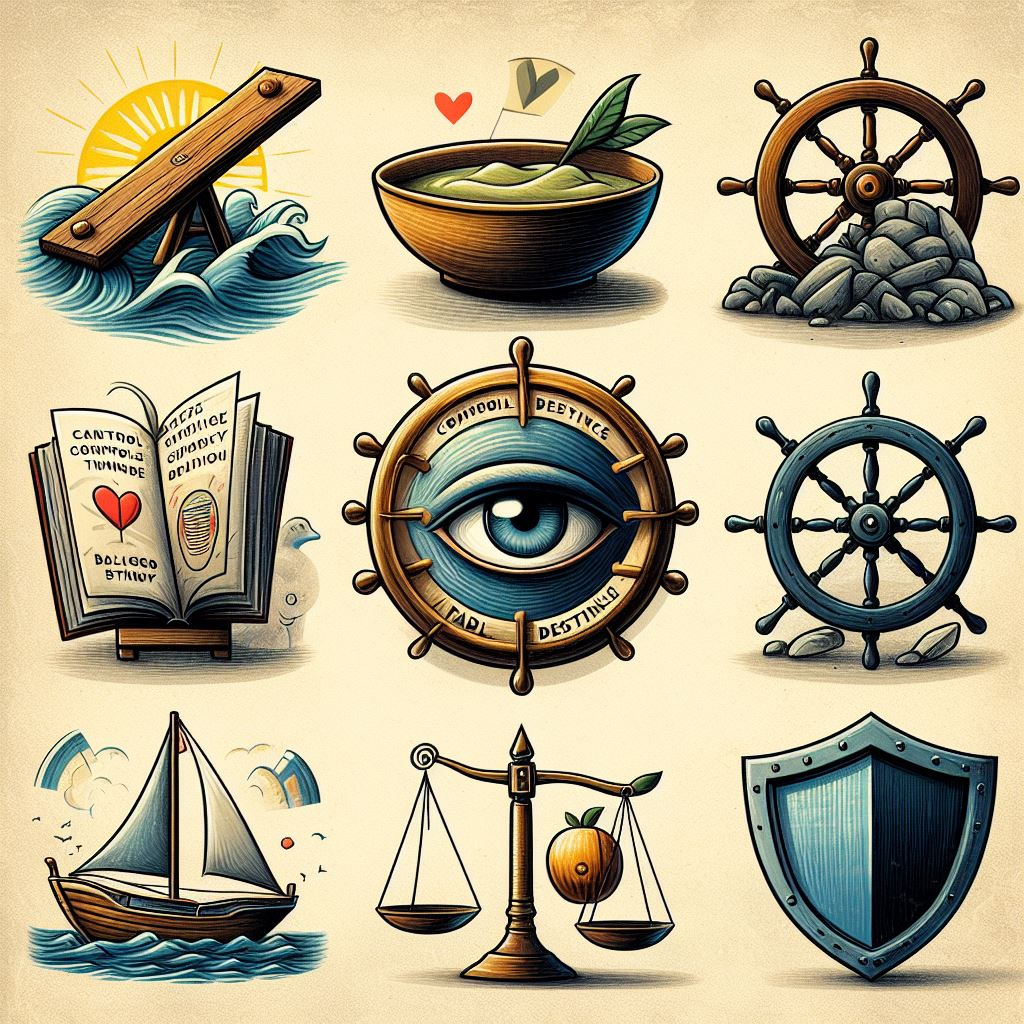Do not adopt the bad habits contained in legal pursuits. Something that seems better to proceed but identifying your character. Everything that goes in your mind becomes the solitude of heaven. It is the lesson that I have learnt from the Charles Dickens Books.
However, I personally advise my friends not to do bad or wrong things. Especially, when you’re dealing with legal stuff. Be good and fair when you’re working with the rules. In addition, it’s important to be a good person and think carefully. Because, your thoughts and actions make up your own special world. For your title, it means when you write or create something, make sure you do it in a good and honest way so people remember it for the right reasons.
In this article, we will discuss 15 examples of valuable lessons, quotes, character descriptions, and scenes from Charles Dickens’ books. These examples aim to shed light on ethical choices and enduring lessons.
List of Charles Dickens books
A Tale of Two Cities
Quote: “It was the best of times, it was the worst of times.”
Lesson: The novel explores the contrasting nature of human experience and the impact of one’s choices on the broader society.
“A Tale of Two Cities” shows readers two opposite ways of life. While reading the novel, the readers visulize really good times and really bad times. The author, Charles Dickens, wants us to see how life is full of ups and downs, just like during the French Revolution. The book tells us that people’s choices can affect everyone around them, showing how our actions matter in the big picture. So, it’s all about how life is a mix of good and bad times, and what we do can change the world around us.
Great Expectations
Quote: “Take nothing on its looks; take everything on evidence.”
Lesson: Dickens emphasizes the importance of judging people based on their actions rather than appearances.
“Great Expectations,” there’s a cool quote that says, “Don’t judge a book by its cover.” It means we shouldn’t decide what people are like just by how they look. The main character, Pip, makes this mistake at first. He thinks people are good or bad based on how rich or fancy they seem. But as the story goes on, he learns that actions and how people really are inside matter more than how they seem on the outside. So, the lesson is to not judge people by their looks but by what they do and who they are inside.
Oliver Twist
Scene: Oliver asking for more gruel in the workhouse.
Lesson: The novel sheds light on the harsh conditions of the poor and the need for compassion and empathy.
“Oliver Twist,” there’s a part where Oliver, a poor orphan, asks for more food in the workhouse because he’s still hungry. But instead of getting more, he gets in trouble and punished. This moment shows how tough life was for poor people back then, and how they were treated very unfairly.
David Copperfield
Quote: “Whether I shall turn out to be the hero of my own life, or whether that station will be held by anybody else, these pages must show.”
Lesson: The importance of self-discovery and taking charge of one’s destiny.
“David Copperfield,” the main guy, David, talks about not knowing what’s going to happen in his life. He wants to be the hero of his own story, which means he wants to be in charge and make his own choices. The lesson here is that we can decide our own paths and be in control of our lives. The book is all about how David learns and grows while figuring out who he really is.
Bleak House
Character: Esther Summerson’s resilience and kindness.
Lesson: Despite facing challenges, Esther maintains her integrity, illustrating the enduring value of kindness and resilience.
“Bleak House,” there’s a cool character named Esther. She’s super tough and nice even when things get really hard. She faces problems but stays strong and kind to others. The lesson from her is that no matter what tough stuff happens, being good and staying true to yourself is really important. Esther is like a shining light in the story, showing that even in tough times, you can choose to be kind and strong.
Hard Times
Quote: “Now, what I want is Facts. Teach these boys and girls nothing but Facts.”
Lesson: Dickens criticizes the dehumanizing effects of prioritizing facts over empathy and emotional development.
“Hard Times,” there’s this guy, Gradgrind, who says, “Teach only facts, no feelings.” He believes in teaching only practical stuff to make efficient workers. But Dickens doesn’t like this idea. He thinks it’s bad because it makes people less human, ignoring emotions and imagination. The lesson here is that just learning facts without understanding feelings is not good. Dickens wants us to know that education should be about more than just facts; it should also be about being kind and understanding others.
Nicholas Nickleby
Character: Nicholas’s defense of Smike.
Lesson: Demonstrates the ethical choice of standing up for the vulnerable against injustice.
“Nicholas Nickleby,” there’s this guy named Nicholas. He meets a mistreated and disabled guy named Smike at a terrible school. Nicholas sees how unfairly Smike is treated and decides to stand up for him, even if it means facing trouble himself. The lesson here is that it’s important to do the right thing, especially when someone is being treated unfairly. Dickens wants us to understand that we should always stand up for those who are vulnerable and be fair and kind to everyone.








